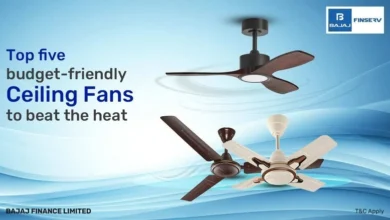Your All-Important Guide to the Right Security Fencing

Ensuring the security of your property is crucial, whether it’s your home, business premises, or any other site. One of the most effective ways to enhance security is through the installation of appropriate fencing. Security fencing deters intruders and helps control access to your property. However, with various available options, choosing the right security fencing can be a daunting task. This guide provides you with essential insights to make an informed decision.
Understand Your Security Fencing Requirements
Before selecting a security fence, it’s crucial to assess your specific security requirements. Consider factors such as the level of security required, the perimeter size, the surrounding environment, and any specific threats or risks to your property. For instance, a high-security facility may need a more robust fencing solution compared to a residential property.
Kinds of Security Fencing
- Chain Link Fencing: Chain link fencing is a popular and cost-effective option for residential and commercial properties. As a well-respected fencing company in Leicester knows full well, it provides basic security and is highly durable, making it suitable for various applications. However, it may not offer the highest level of privacy or protection against determined intruders.
- Steel Palisade Fencing: Steel palisade fencing is renowned for its strength and resistance to climbing, making it an excellent choice for high-security areas. Its intimidating appearance acts as a strong deterrent to potential intruders, making it ideal for industrial sites and critical infrastructure.
- Welded Mesh Fencing: Welded mesh fencing consists of welded wire mesh panels, providing a high level of security and visibility. It is commonly used in commercial and industrial settings where security and aesthetics are important. Welded mesh fencing is available at various heights and in various configurations to suit different requirements.
- Anti-Climb Fencing: Anti-climb fencing features small apertures and a smooth surface, making it extremely difficult for intruders to climb over. This type of fencing is often used in prisons, military facilities, and other high-security installations where perimeter security is paramount.
Factors to Consider
- Material: The material of the fencing plays a significant role in its effectiveness and durability. Steel and aluminum are popular choices for security fencing due to their strength and resistance to corrosion.
- Height and Configuration: The height and configuration of the fence should be determined based on your security needs and site conditions. Taller fences with anti-climb features provide better security but may be more visually imposing.
- Access Control: Consider how the fencing will integrate with your access control systems, such as gates and barriers. Ensure that the fencing allows for convenient access for authorized personnel while effectively restricting entry for unauthorized individuals.
- Local Regulations: Before installing security fencing, familiarize yourself with local regulations and zoning ordinances. Some areas may have restrictions on fence height, material, or design, which could affect your choice of fencing.
Maintenance and Longevity
Regular maintenance is essential to ensure the continued effectiveness of your fencing. Inspect the fencing periodically for signs of damage or wear and tear, such as loose components or corrosion, and address any issues as promptly as possible. Proper maintenance not only extends the lifespan of the fencing but also helps to preserve its security capabilities.
Selecting the right security fencing is a critical decision that requires careful consideration of various factors. Keep in mind that investing in high-quality security fencing is an investment in the safety and protection of your assets.







